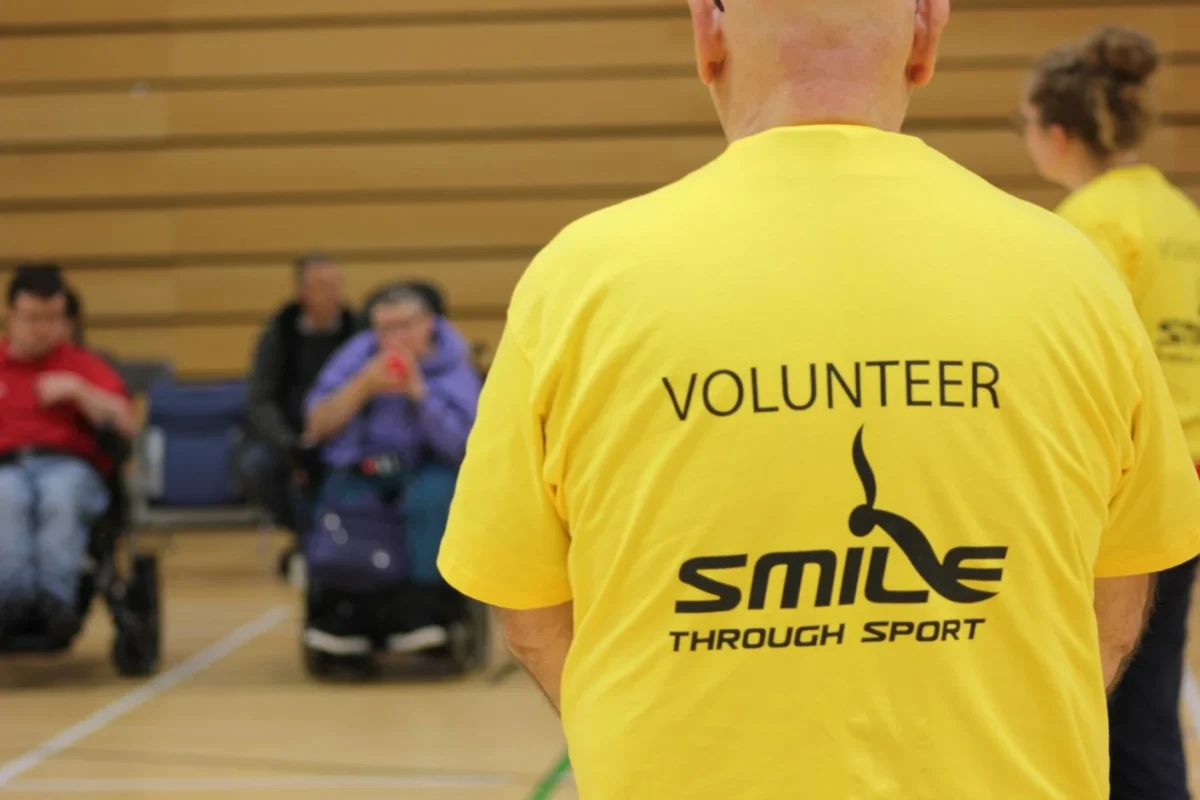Top tips for teachers on early careers opportunities

With vacancies now open for a variety of early careers opportunities with companies like BAE Systems, now is often the time that students will feel at their most confused. Should they head straight into employment, opt to study T-Levels, go into a technical/craft apprenticeship, a degree apprenticeship or head to university?
We cannot under-estimate the impact that the cost-of-living crisis is having on young people. The debt associated with university can be hard to grapple with. For this reason, many of your pupils could be considering an alternative route – such as an apprenticeship.
At BAE Systems alone, the company is recruiting a record figure of more than 2,600 apprentices and graduates across the UK in 2023. The schemes pay a living wage and offer all the benefits of a large employer, as well as offering quality training and long-term career development.
The options for school-leavers can be mind-boggling and they’ll likely be turning to you with questions to help make a decision. But how much do you know about apprenticeships? We’ve rounded up some common FAQs should you be asked.
What is an apprenticeship and how does it work?
An apprenticeship is a paid job where you earn while you learn, gaining valuable experience and qualifications on the job. Alongside on-the-job training, you will spend at least 20% of your working hours completing classroom-based learning with a college, university or training provider, which leads to a nationally recognised qualification.
How long does an apprenticeship take?
Depending on the industry you’re in and the level of apprenticeship it can range from a minimum of 12 months through to a maximum of five years.
Can I get a degree from doing an apprenticeship?
In addition to apprenticeships providing other nationally recognised qualifications, you can also embark on courses which give you the opportunity to train and study for a foundation degree or an honours degree.
Am I entitled to holiday whilst doing an apprenticeship?
Yes, all apprentices are entitled to at least 20 days paid holiday per year, plus, public holidays.
What type of hours will I have to work?
Apprentices are usually required to work 30 hours per week as a minimum, with a maximum of 40 hours per week.
Are all apprenticeship opportunities vocational?
Not at all. While apprenticeships do exist in these fields, most sectors offer apprenticeship programmes. Whether it’s technology, engineering, construction, public relations or fashion – there are a wide variety of apprenticeship schemes offering training to an occupational level standard.
For example, BAE Systems offers more than 50 programmes with new apprenticeships in areas ranging from accountancy and human resources to programme management, electronic systems design, software development and joinery across its Maritime and Land, Air and Digital Intelligence businesses.
Would I have employment rights during my apprenticeship?
Yes, apprentices have the same employment rights as a permanent member of staff. The only difference is that you will be on a training programme and will have a contractual end date to your apprenticeship. Ultimately, the aim of an apprenticeship is to gain long-term employment at the company, something BAE Systems offers – all apprentices who successfully complete their training are offered a full-time position with the company.
Where should I go to find out more about apprenticeship schemes?
First of all, have a look at any large employers in your area to see if they have an apprenticeship scheme, the kinds of roles they offer, and the terms of the programme. Most will have a dedicated page on their website.
There are also a number of useful websites that specialise in advertising apprenticeship schemes: baesystems.com/earlycareers.











Responses